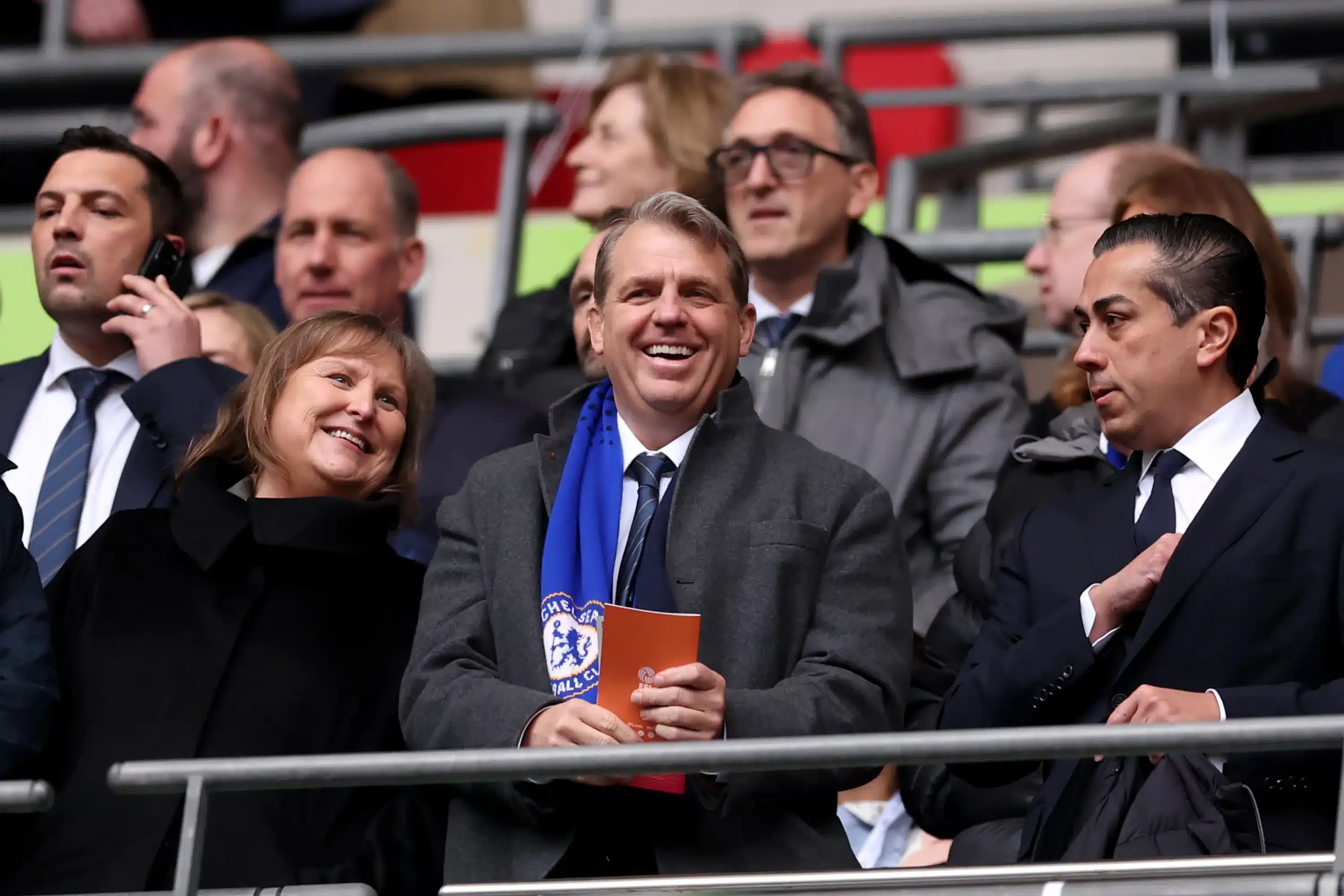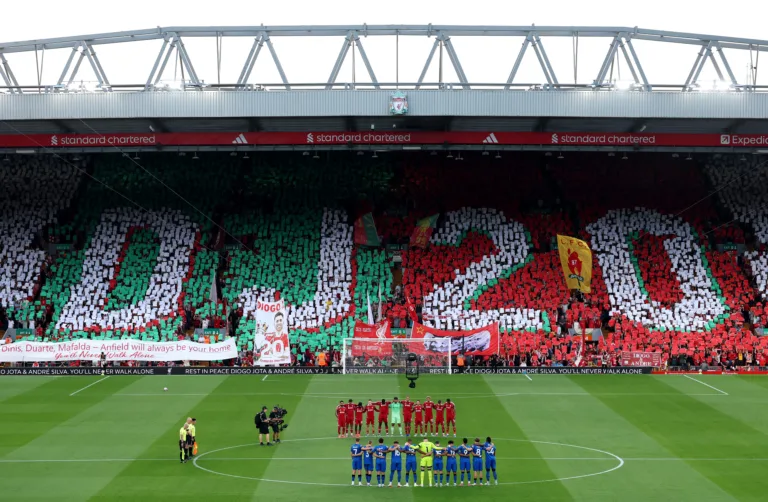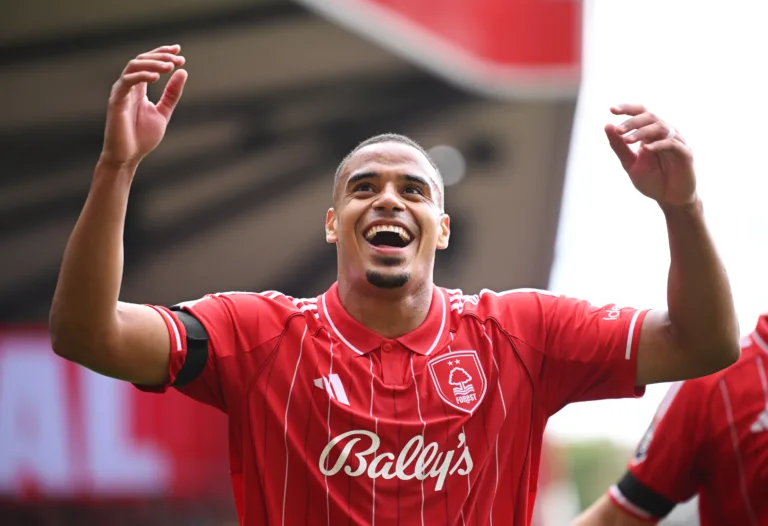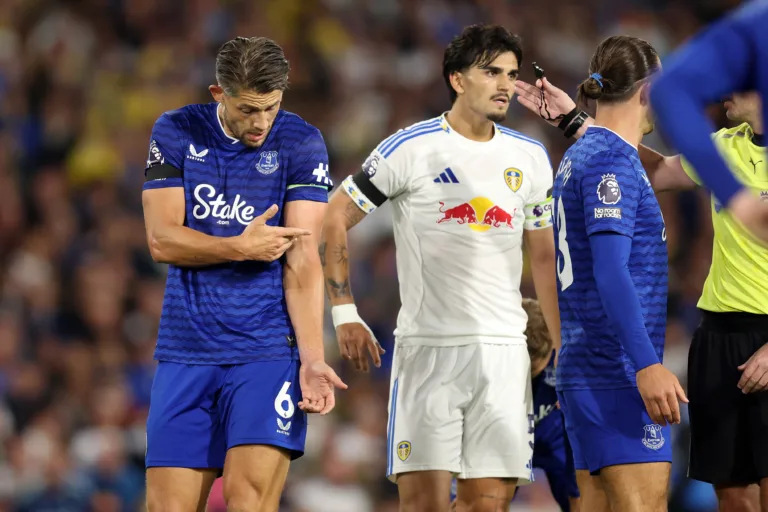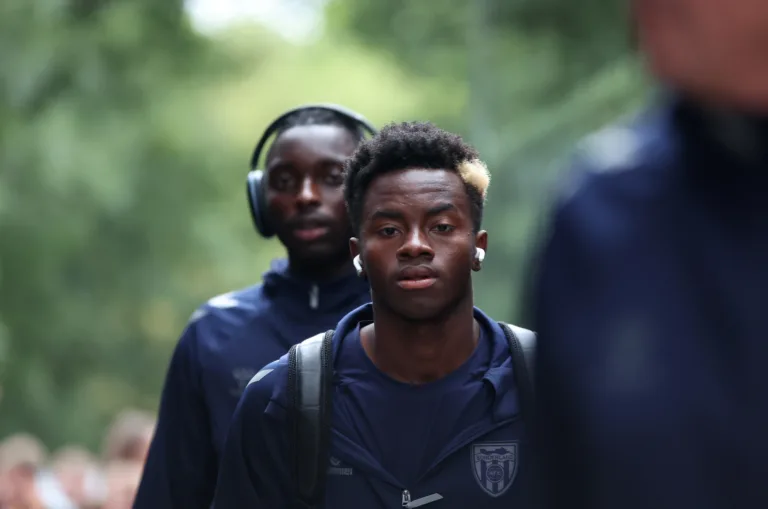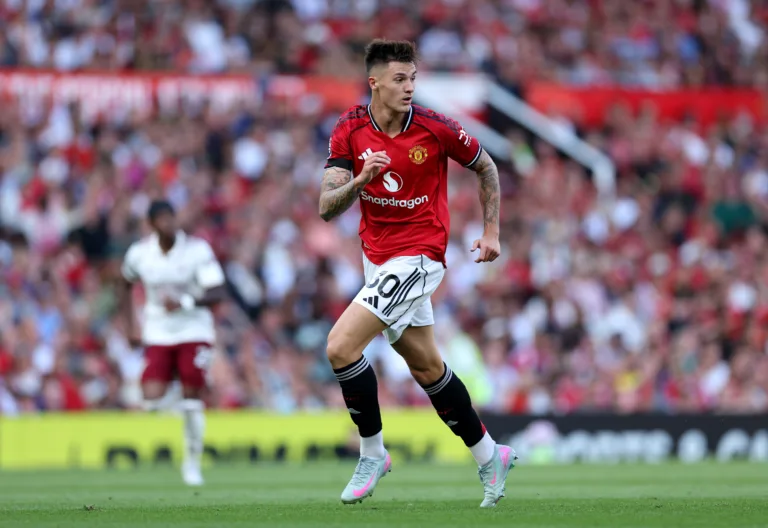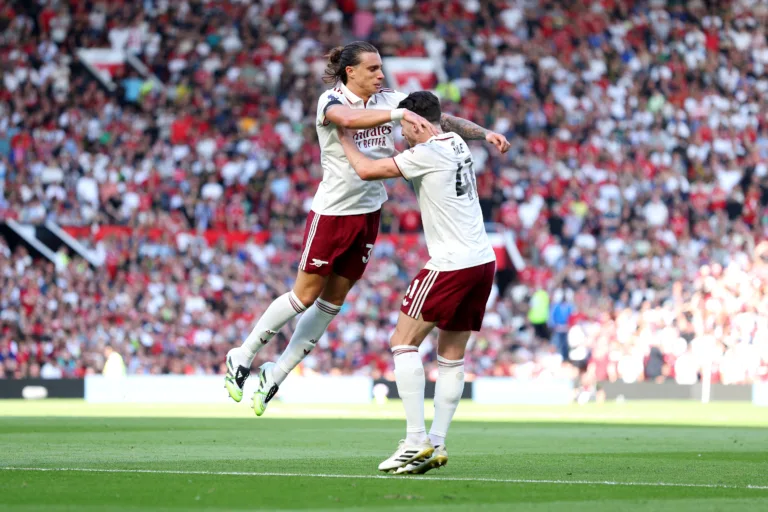Over £1.5 Billion Spent, One Trophy: Is Todd Boehly’s Chelsea Rebuild Working?
In May 2022, a Todd Boehly-led consortium known as BlueCo completed a £4.25 billion takeover of Chelsea Football Club, officially ending the 19-year reign of the ‘Roman ‘Empire’—the trophy-laden era under Roman Abramovich. During those 19 years, Chelsea became synonymous with silverware—League titles, domestic cups, consistent top-four finishes, European pedigree, and a relentless churn of elite managers.
Abramovich’s vision was simple and ruthless: deliver success, or face the consequence. As club legend John Obi Mikel revealed in a TalkSPORT interview, “Whether we won or lost, he was always there. He would always say, ‘Sorry, I know you guys did your best, but next time we have to win.’
“He always wanted to win games… The only thing with him is that when you see the helicopters flying around the training ground, you know the manager is going to be sacked, so that’s how we knew,” the Nigerian went on to say.
Under Abramovich, Chelsea fans became accustomed to relentless ambition, regular trophies, and midweek nights filled with European competitions. But under Boehly, the same cannot be said, at least for now.
The Todd Boehly Era: Ambition Meets Experimentation
Three years into the Boehly era, Chelsea are almost unrecognisable, now renowned not for trophies but for their aggressive spending and youth-centric recruitment. From the marquee signings of Raheem Sterling and Kalidou Koulibaly at the dawn of the new regime to more recent acquisitions like Jamie Gittens and João Pedro in June 2025, the new ownership has embarked on the most radical rebuild in modern football.
A record gross spend of over £1.5 billion has funded no fewer than 45 permanent signings, with contracts stretching six to eight years—a structure designed not just to secure long-term talents but also to spread amortisation costs under the Profit and Sustainability Rules (PSR). However, despite this considerable investment, only around a quarter of these signings have been able to command a regular place in the first team, raising serious questions about recruitment strategy, squad planning, and return on investment.
Ambition on paper has so far not translated into results to match the insatiable expectations of its fans, and this remains a glaring concern. Chelsea finished 12th in 2023, 6th in 2024, struggled to attain 4th in 2025, and remained absent from Champions League football throughout this period, a rarity not seen during the Abramovich era.
In contrast to teams like Manchester City and Liverpool, who built around a stable core through strategic, well-integrated signings that aligned with their tactical identity and club culture and have consistently dominated domestic competitions. Chelsea has struggled to deliver top-level success during this period.
While the UEFA Conference League title in 2025 offered a brief moment of silverware and a glimmer of continental success, it remains a modest consolation for a club of Chelsea’s stature and spending.
Squad Overhaul: A New Club in All But Name?
The BlueCo, also known for its radical squad overhaul, has Reece James and Ben Chilwell as the only players left from the Champions League-winning squad of the 2020/2021 season.
Many of the club’s homegrown stars, including Mason Mount, Lewis Hall, Ruben Loftus-Cheek, and Conor Gallagher, were deemed expendable and have long been sold, often for “pure profit” on financial spreadsheets. These exits have helped Chelsea stay within PSR limits, but the transformations have been so sweeping that one could ask: Has Chelsea become a completely new club, one whose identity has been sacrificed for profits?
Managerial Turbulence: Finding Balance
The club’s sporting model has been undermined by managerial instability. In just three seasons, Chelsea has burnt through five managers: Thomas Tuchel, Graham Potter, Frank Lampard, Mauricio Pochettino, and now, Enzo Maresca.
Maresca represents a clear tactical shift from his predecessors. Unlike the pragmatic setups of Tuchel and Lampard or Graham Potter’s disjointed possession game, Maresca favours methodical build-up play, positional rotations, and ball dominance, even at the cost of speed or directness. Where Pochettino blended youth with vertical intensity and aggressive pressing, Maresca emphasises structured possession and calculated control. The key question is whether his young, multi-billion-pound squad can adapt and adopt his intricate approach quickly enough to deliver results to a fan base growing weary of constant transition.
A Defining Crossroads
The Chelsea project is far from over, but it has reached a pivotal moment where results must start matching the investment. The top-four finish and the UEFA Conference League win in 2025 offer a glimmer of hope, yet whether this marks a turning point or another false dawn depends on more than just money.
Sustainable success in modern football requires more than spending. It requires vision, stability, and competent execution. Chelsea has shown ambition and financial firepower. Now, they must prove they have the leadership and footballing structure to match.


